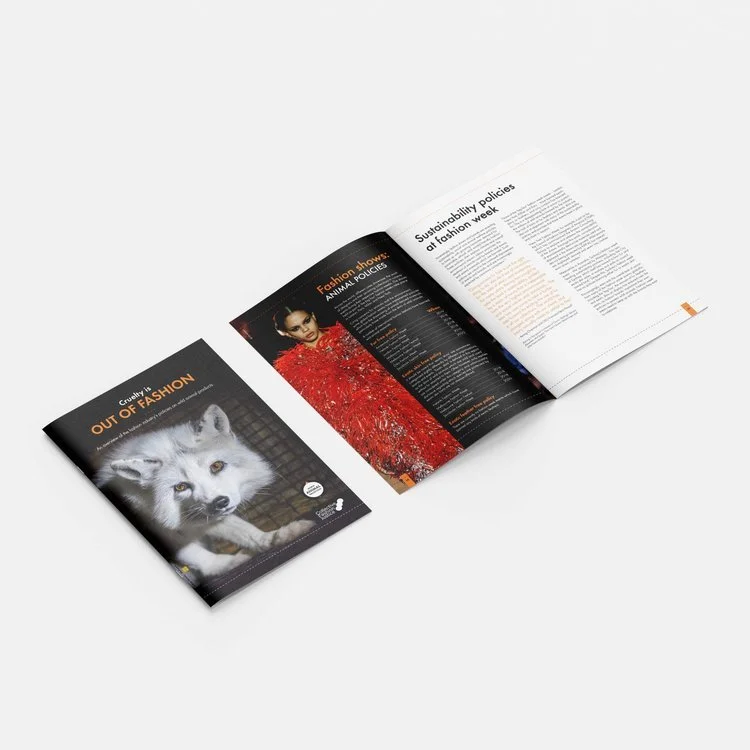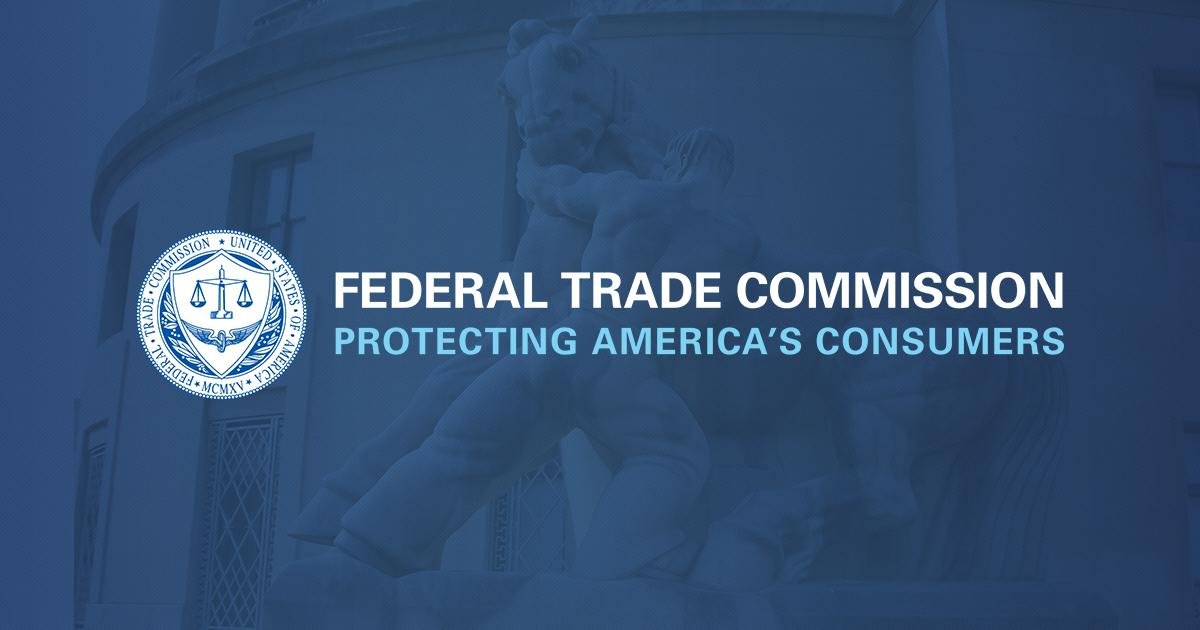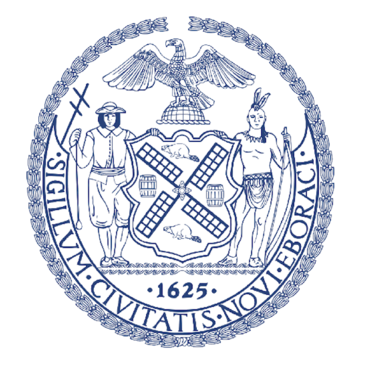Legislation can be a powerful tool for transformation, regeneration and liberation.
It’s for this reason that Collective Fashion Justice writes submissions for government inquiries, submits legally misleading advertisement complaints, as well as testifies in regards to potential new legislation relevant to our mission.
We aim to advocate for people our fellow animals and the planet harmed by the fashion industry in such spaces.
Our latest work:
Victoria’s inquiry into the development of its industrial hemp industry
Collective Fashion Justice was identified as a key stakeholder in this inquiry, which sought to investigate how the growth of the hemp industry could support the State’s climate targets and benefit the economy.
Our submission highlighted the benefits of hemp over other materials, particularly wool and synthetic materials, and explored how a just transition from Victoria’s large wool industry and towards hemp could support climate mitigation, biodiversity conservation, as well as a reduction of suffering.
Our recent work:
Australia’s federal parliamentary inquiry into green-washing
Collective Fashion Justice provided a detailed submission into this Australian Federal Government inquiry, calling for fashion-specific action against green-washing, action against ethics-washing, mandatory labelling, and more.
New polling commissioned by CFJ was used to support our recommendations.
Our recent work:
Commentary on the FTC’s Green Guides
Collective Fashion Justice submitted detailed feedback and recommendations on how the Guides could be improved in order to combat both green-washing and ethics-washing.
New polling commissioned by CFJ was used to support our calls, and a number of other organisations, fashion brands and businesses also signed onto a commentary letter based on our recommendations.
See our other submissions and testimony:
Australian agriculture and land use feedback
Collective Fashion Justice gave feedback to the Australian Federal Government during their consideration of how the country should use land for agriculture, and how this relates to the nation’s climate footprint.
We used the opportunity to highlight the major land and climate footprint of animals used for leather and wool.
Animal Care and Protection Act
Collective Fashion Justice made a submission to the the Australian state of Victoria’s government feedback period on a proposed new Act to protect animals. Replacing the existing Prevention of Cruelty to Animals Act, the Animal Care and Protection Act is a step forward, but must not include loopholes which legalise cruelty to animals, including those who are harmed in fashion supply chains.
We urged the Victorian government to close loopholes, to ban mulesing, as well as the sale of fur, crocodile skins and other cruel products which come from systems of extreme confinement, and to recognise animal sentience without exemption.
NYC Textile Purchasing Bill
Collective Fashion Justice consulted on the writing of proposed legislation, and testified in support of its passing. This Bill has since passed into law!
The Bill is a Local Law in relation to agency purchasing of textiles, including required reporting on the supply chain for such textiles, and to establish a task force to recommend legislation and policy for environmentally preferable purchasing, use and disposal of such textiles.
The Fashion Sustainability and Social Accountability Act
New York’s proposed ‘Fashion Act’ could see major fashion brands selling to the City required to be far more transparent about their material use, environmental impacts, and worker’s wages. These brands would then be required to set science-based targets to reduce these impacts.
Collective Fashion Justice has officially endorsed the Act. While our proposed additions will not be included in an already large bill, we have used this engagement to build relationships with legislators who may support additional, future bills.
Kangaroo Wellbeing Inquiry
Introduced by Animal Justice Party MP Mark Pearson, the New South Wales Government of Australia opened an Inquiry into the Health and Wellbeing of Kangaroos and Other Macropods.
Collective Fashion Justice wrote a submission to this inquiry, taking the opportunity to address the inherent cruelty of the kangaroo shooting industry, which transforms kangaroos into material used in the apparel and footwear industry.
City of Sydney market policy
on wild animal materials
The City of Sydney drafted a policy in response to work by Animal Justice Party MP Emma Hurst, which would ban the exhibition and sale of fur and exotic skins in markets.
Collective Fashion Justice supported this policy, and wrote a submission calling for the policy to be further extended to protect all wild animals exploited for fashion: including birds used for their feathers.
This effort was successful, and the new market policy bans all fur, exotic skins and feathers. This includes ostrich feathers from farmed birds.
Sheep Inc misleading advertisement complaints
Collective Fashion Justice and People for the Ethical Treatment of Animals (PETA) investigated misleading claims made by merino wool sweater brand Sheep Inc, and are in the process of submitting official complaints to relevant bodies in Australia, the United Kingdom, the United States and New Zealand.
Sheep Inc misleadingly claims their merino knitwear is ‘naturally carbon negative’, and causes ‘zero harm’ and ‘zero emissions’.
The District of Columbia’s
Fur Product Prohibition Act
Collective Fashion Justice supported DC Voters for Animals’ efforts to pass legislation banning the sale of fur by speaking in an event leading up to the Hearing, garnering public support, and by giving testimony.
Our founding director provided her testimony after the executive director of Fur Commission USA, and engaged in question time following. This legislation is currently being reviewed.
A written form of this testimony was also submitted in Rhode Island for another proposed fur ban bill.
Hawai’i State proposed legislation to ban the sale and exhibition of fur
Collective Fashion Justice is working alongside other organisations to ensure a ban on the sale of all fur in Hawai'i, in line with community values and for the sake of animals, the planet and people.
Hawai’i has an opportunity to align with the best global practice policy. We have provided a letter of support and looks forward to testifying as this proposed legislation progresses forward.
Want to keep learning?
-

Our strategic plan
We publish our strategic plans and past achievements to ensure transparency and effectiveness.
-

Cruelty is out of fashion report
An overview of the fashion industry’s policies on wild animal products, from Collective Fashion Justice and World Animal Protection.
-

Total ethics fashion: a primer
Our free booklet, ‘total ethics fashion: a primer’ is the perfect introduction to the many issues in fashion.













